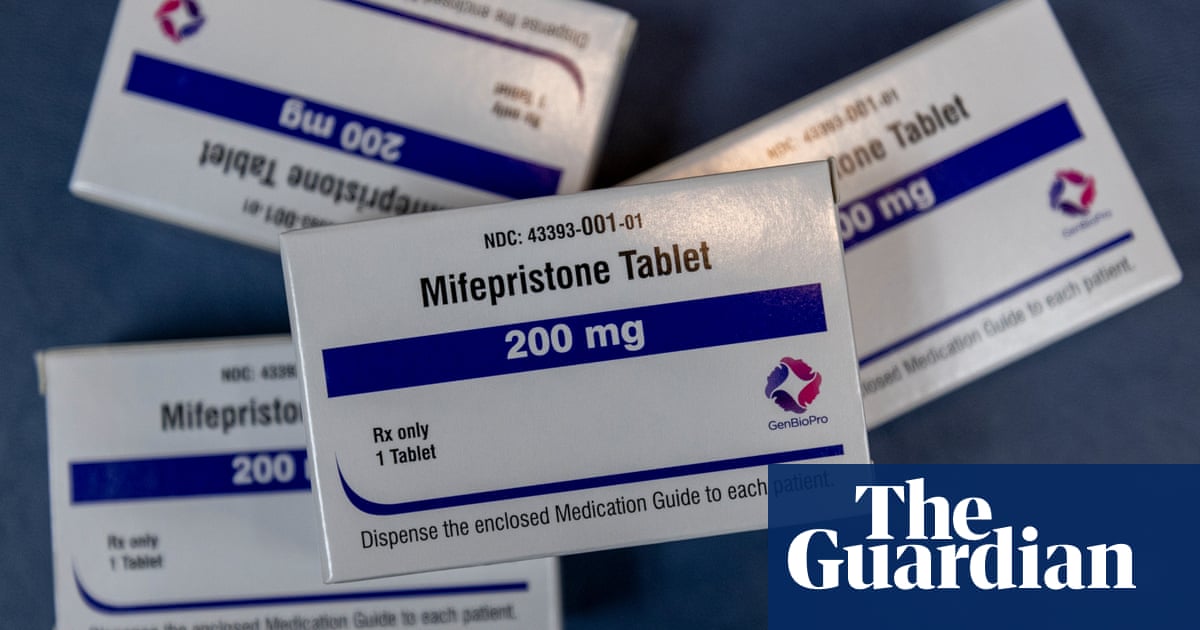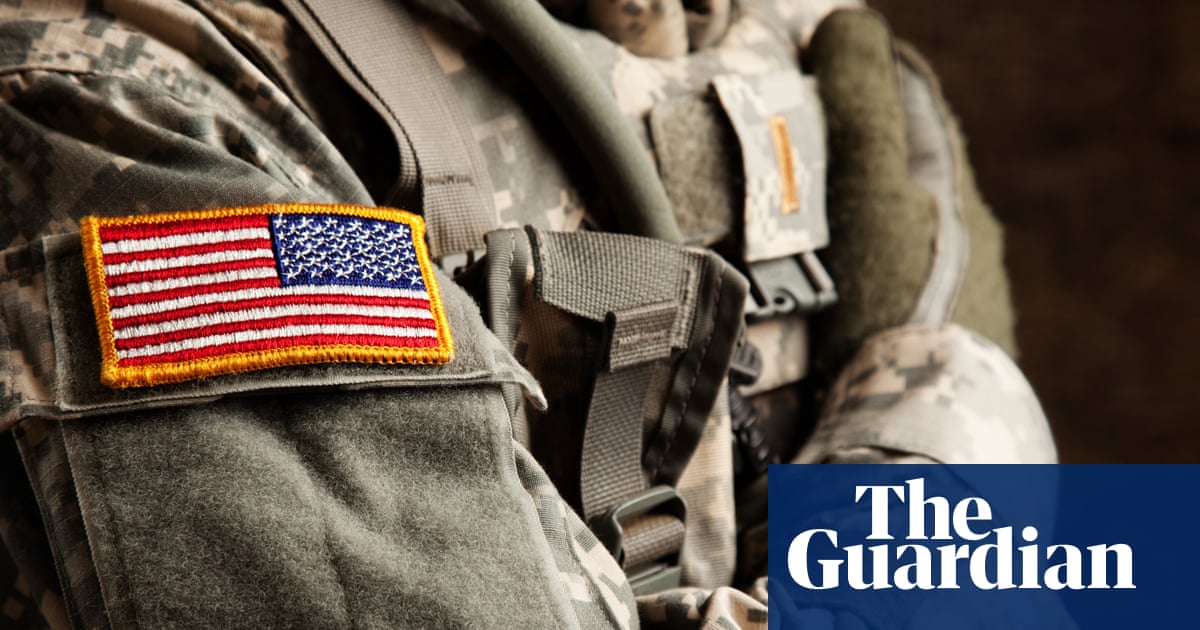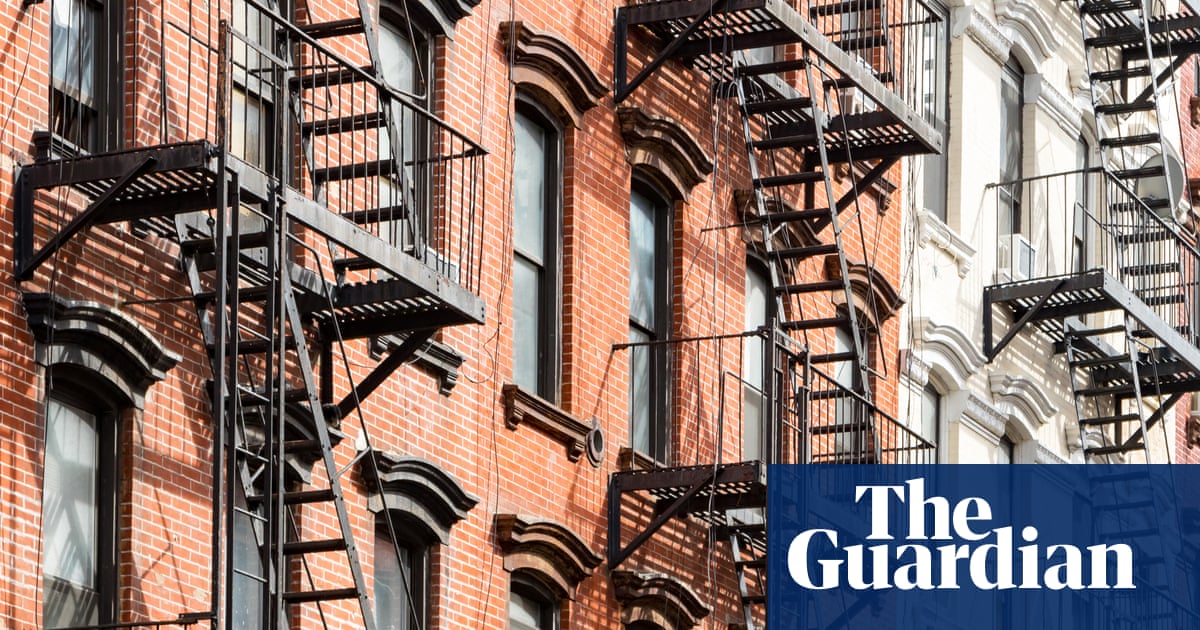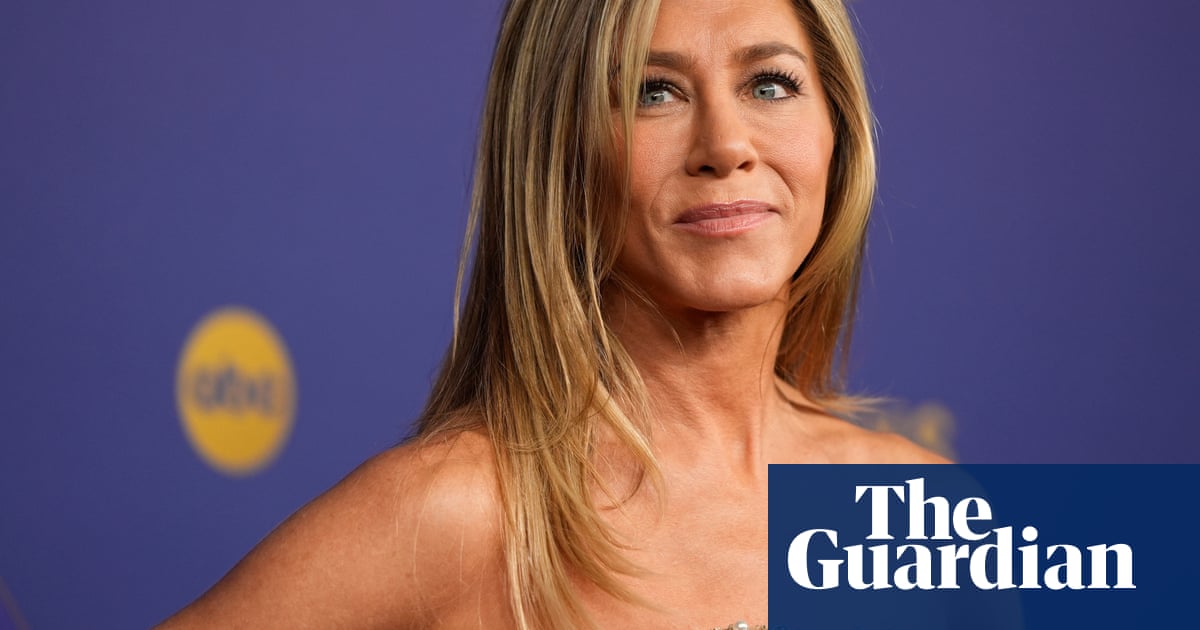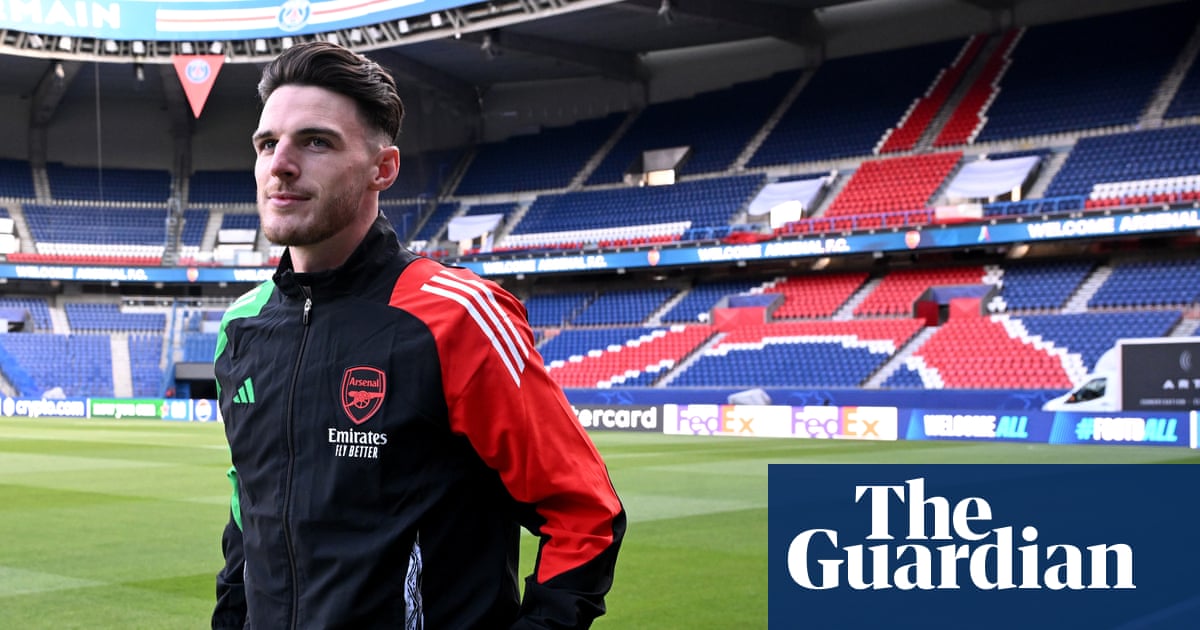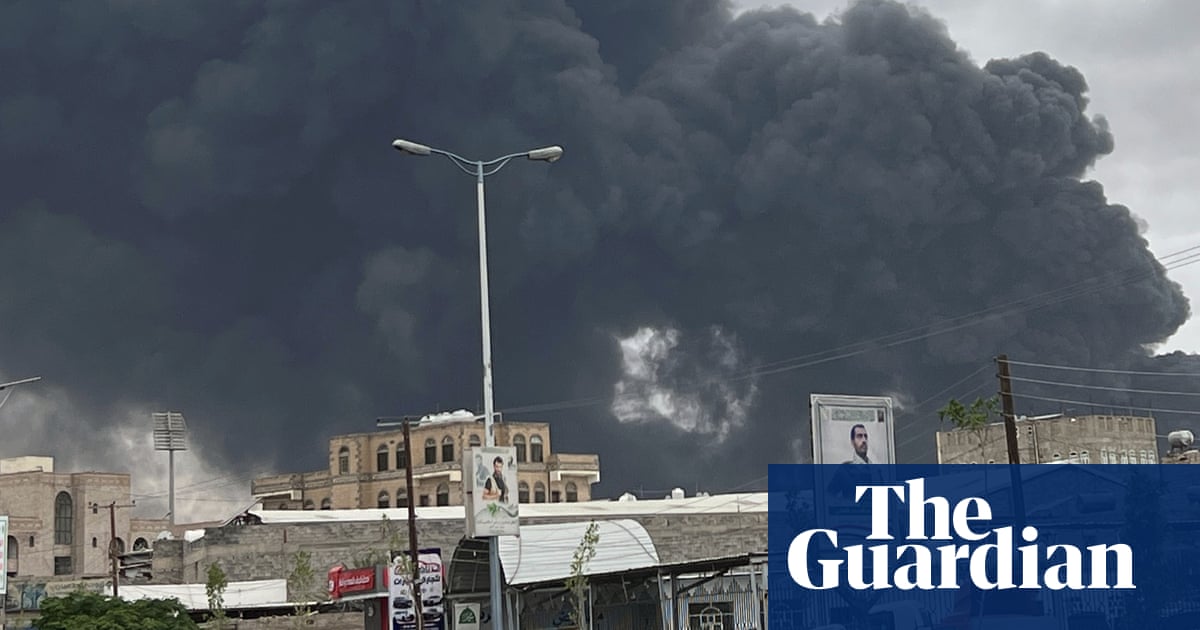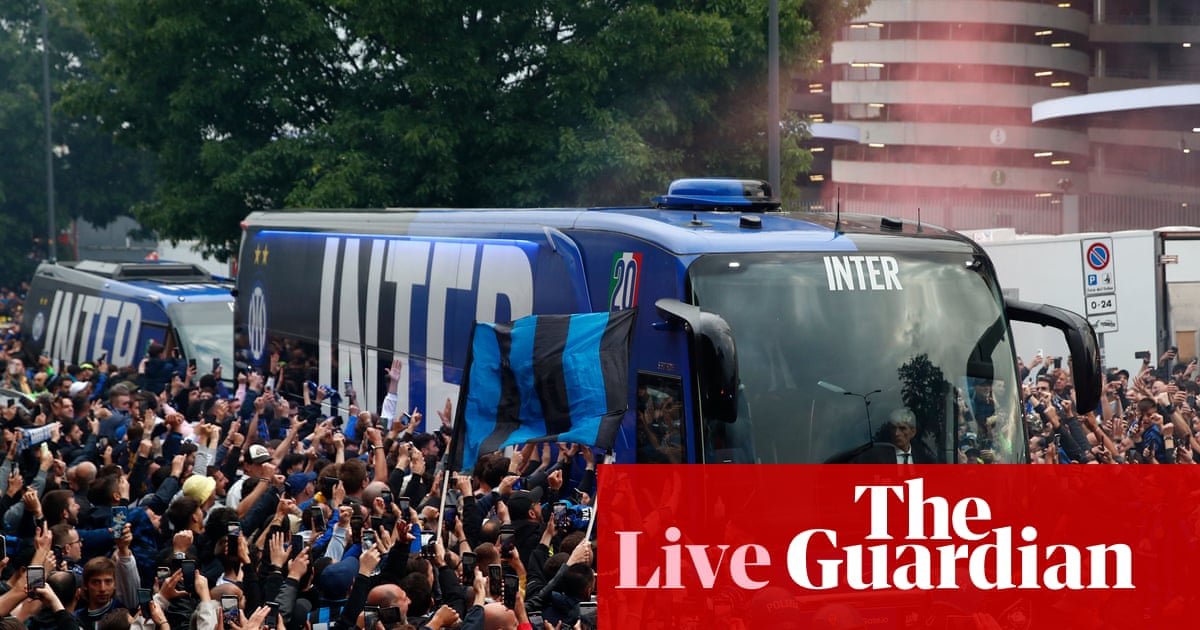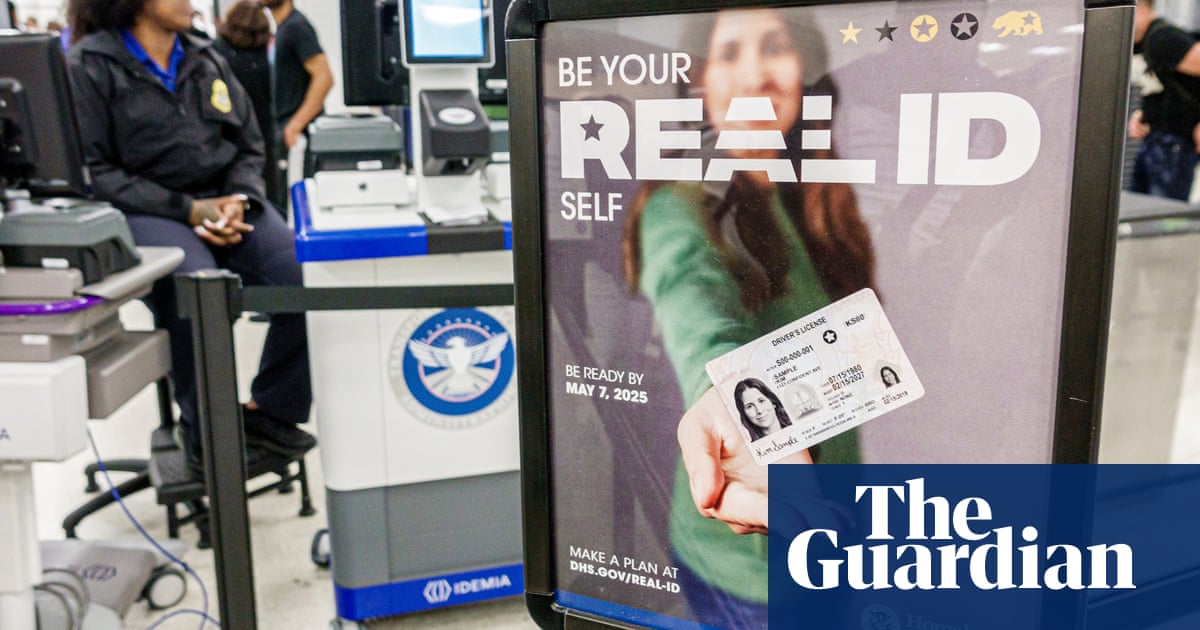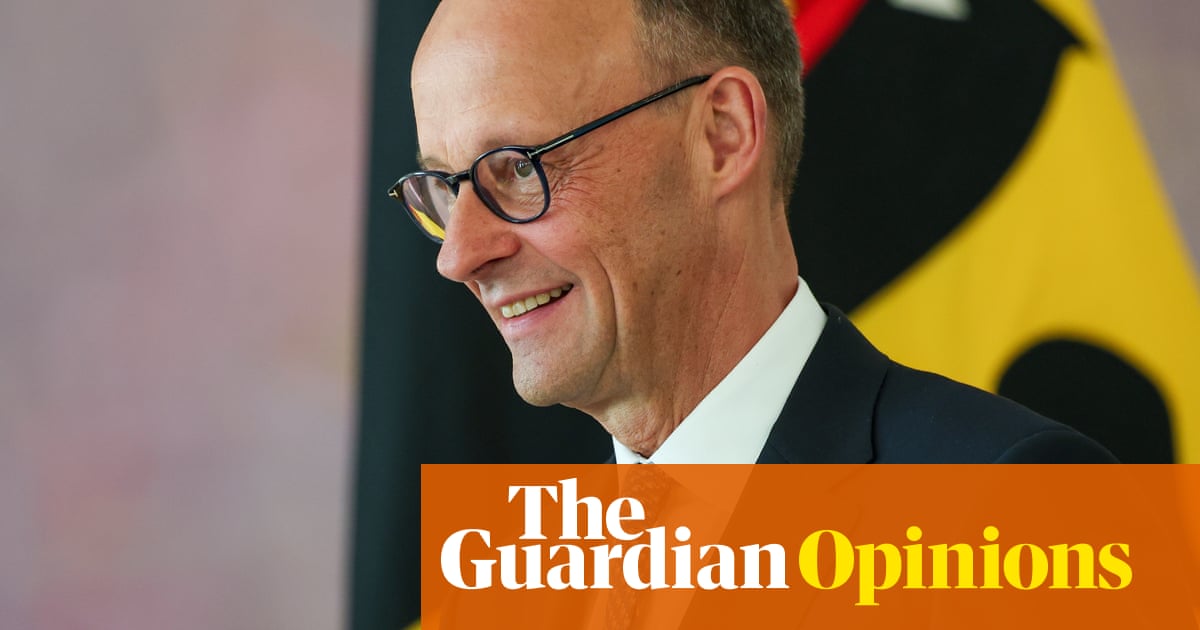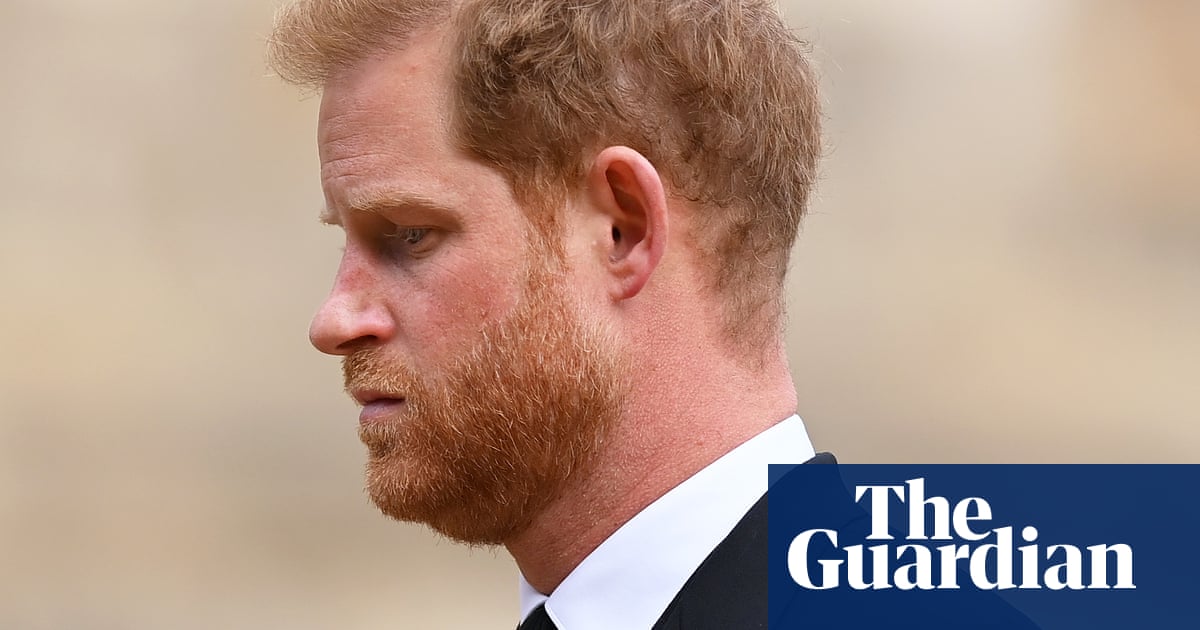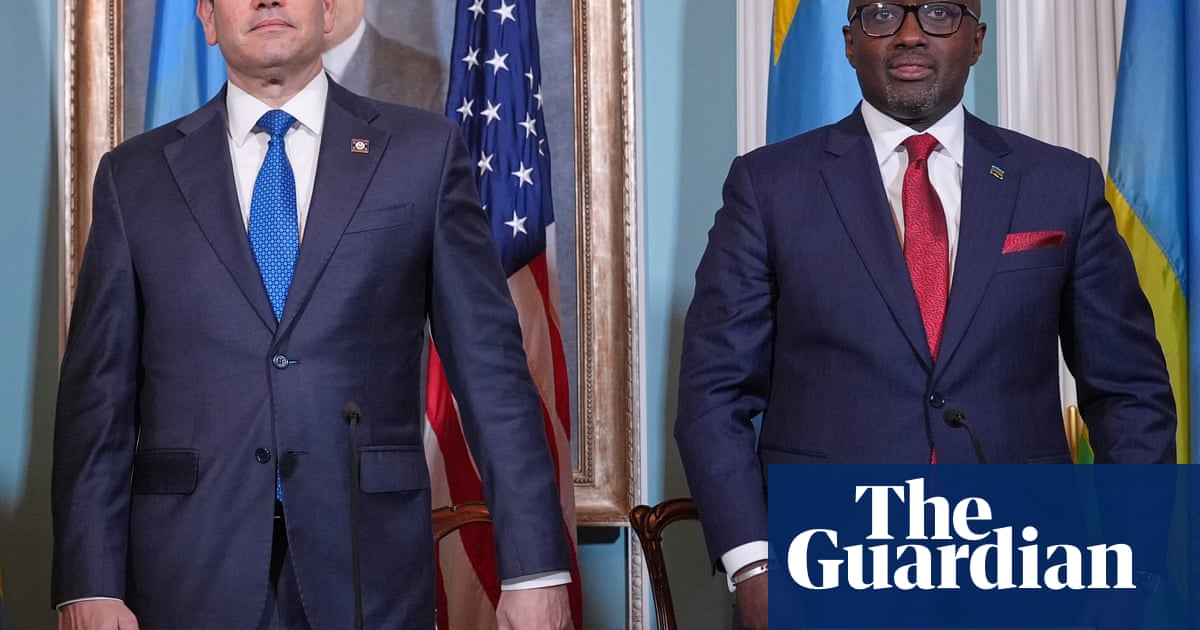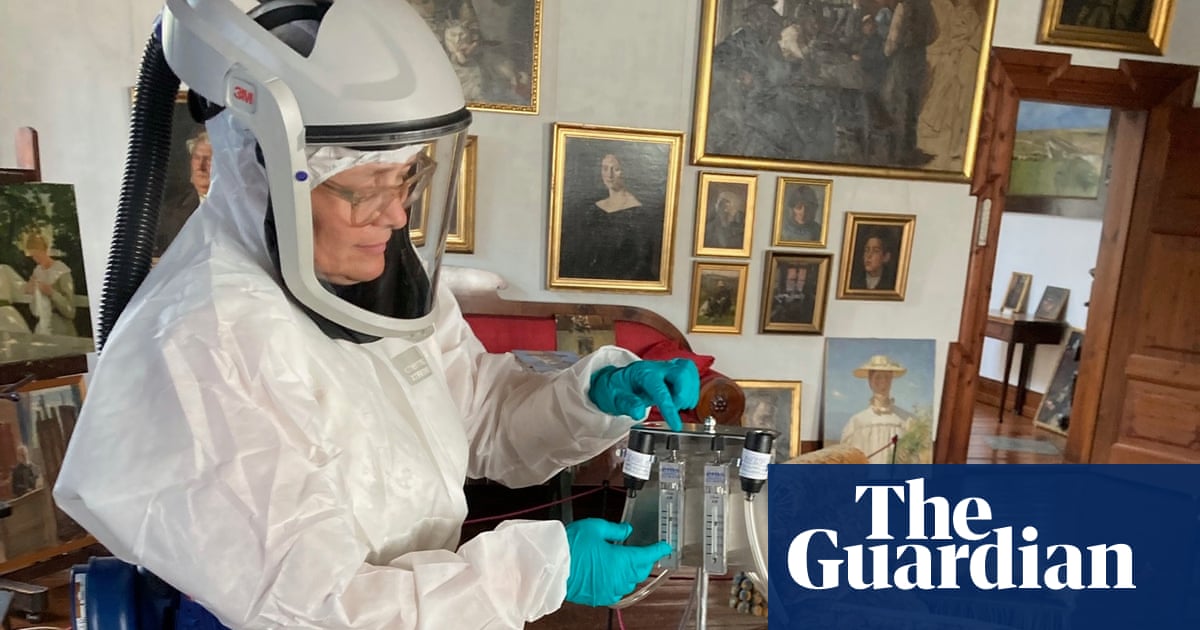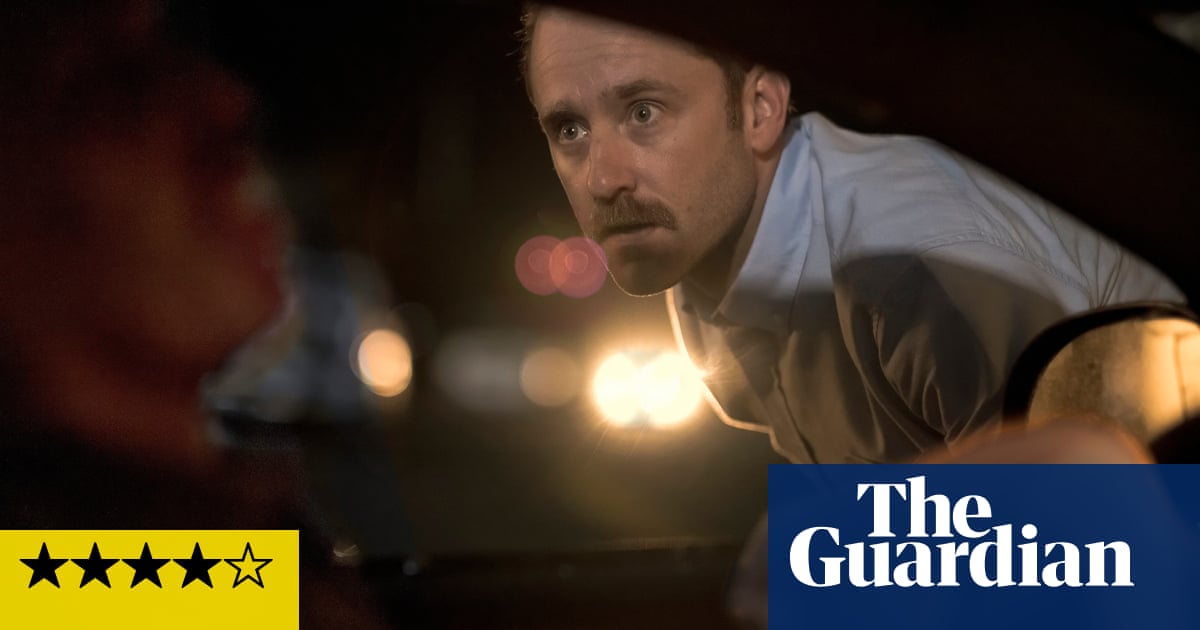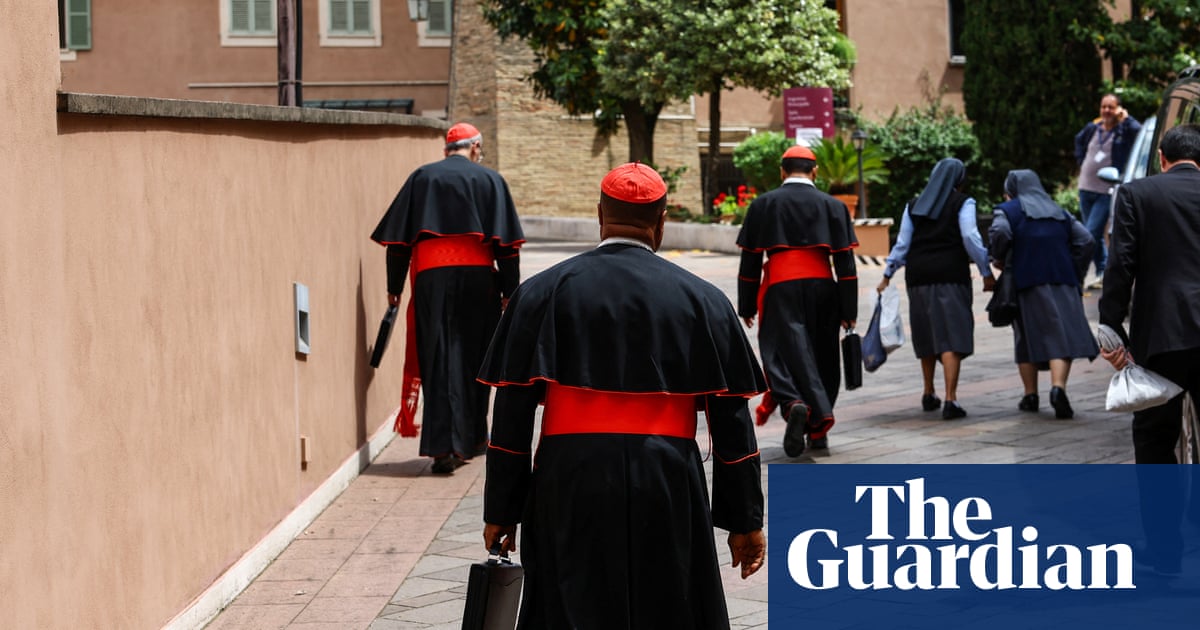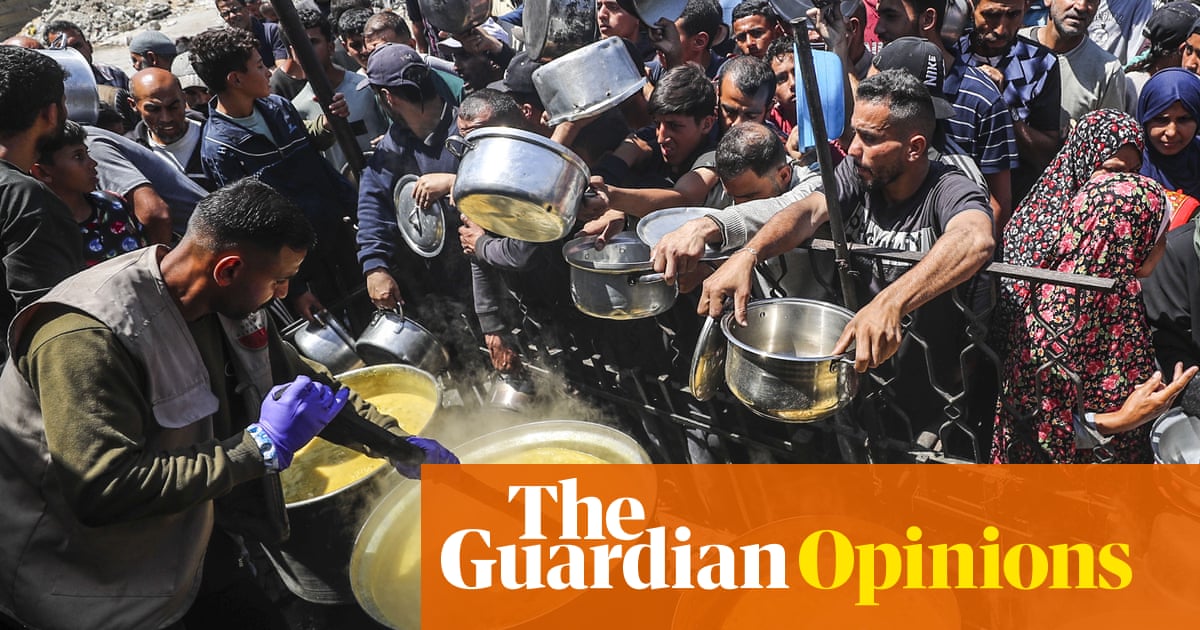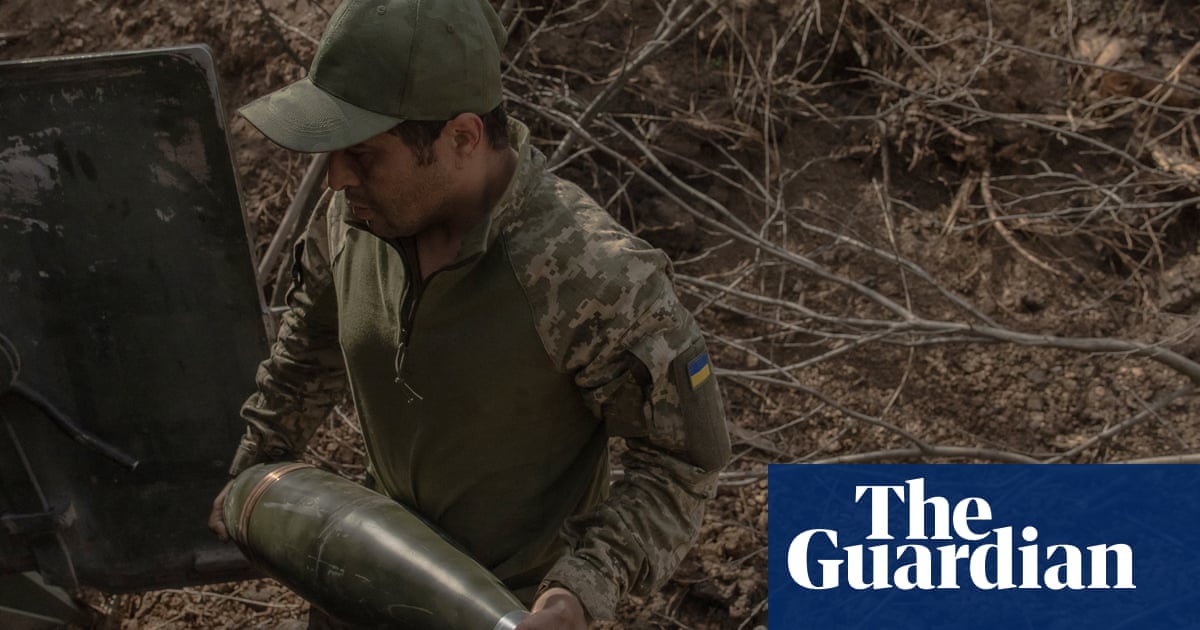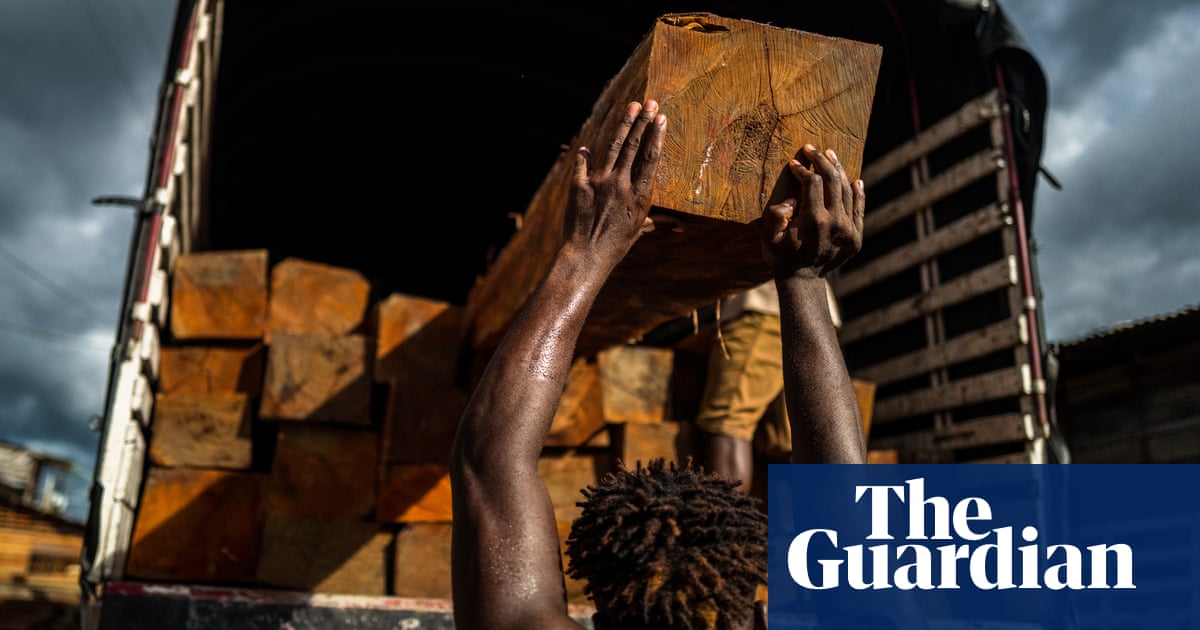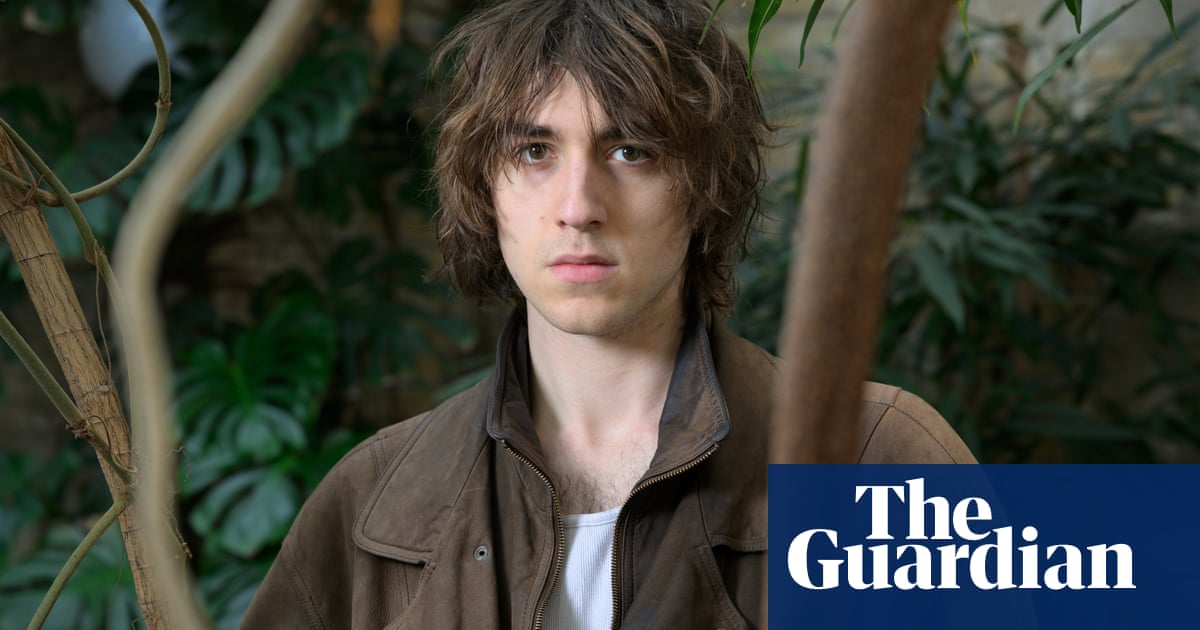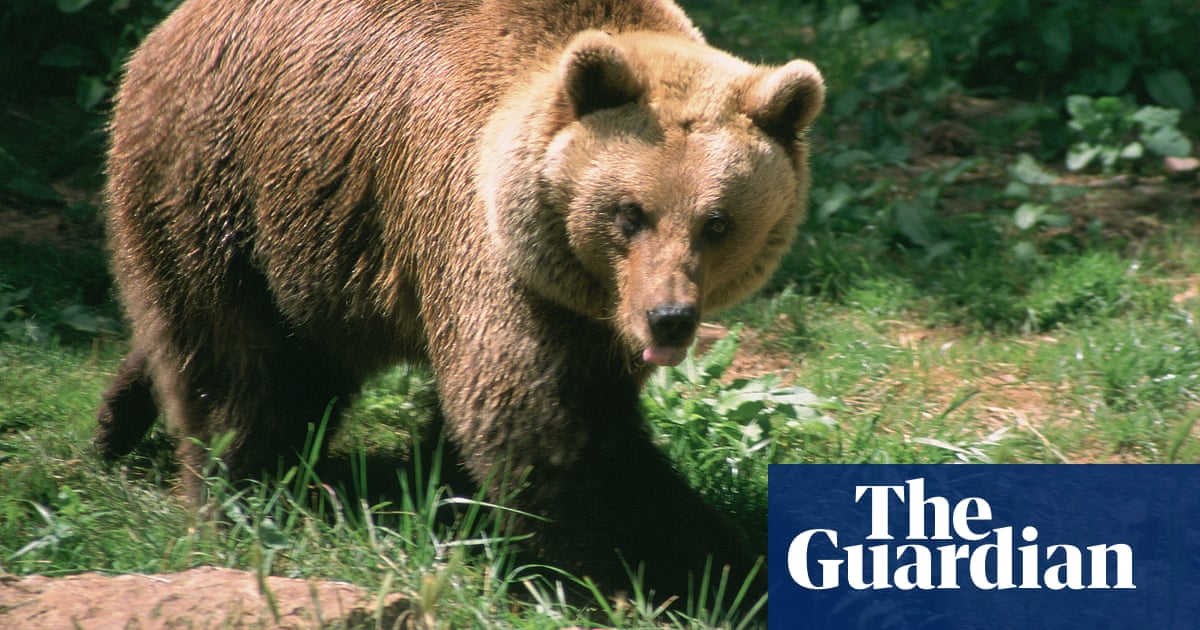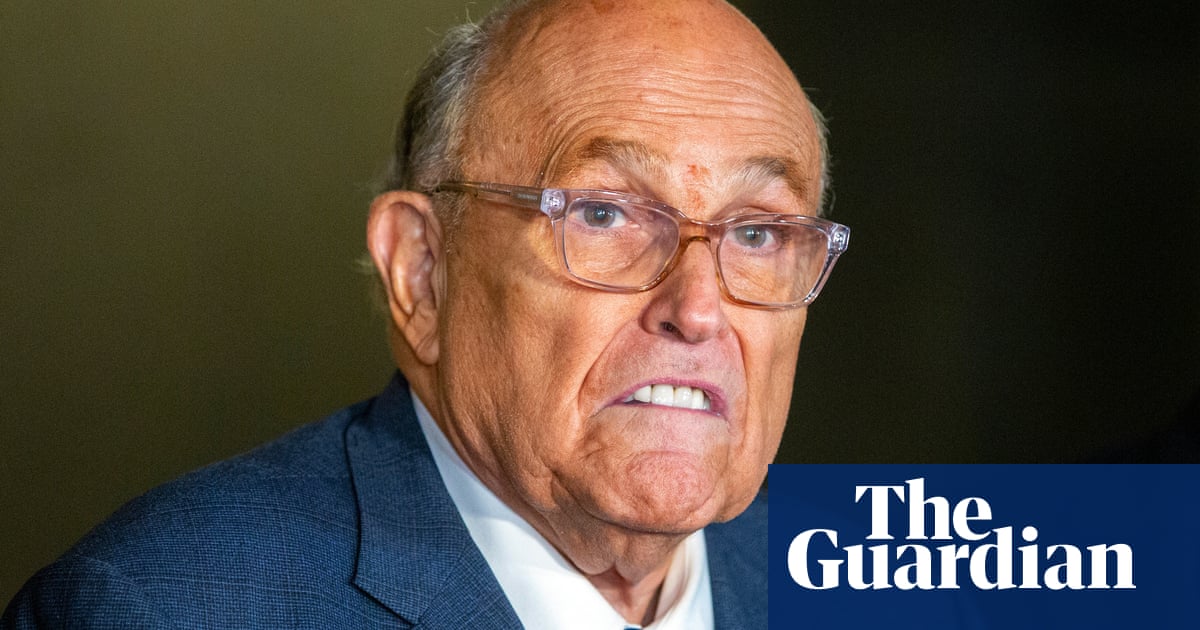The bullet ripped through the young man’s face, scattering his teeth in a pool of blood on the concrete floor. As more gunshots rang through the air, the joyous sounds of thousands of people who had gathered in central Maputo on 9 January turned to screaming. On my video camera, I continued filming, even as I too started running.
We had known this might happen. Three months earlier, Mozambicans went to the polls in elections that have already changed the course of my country’s history.
Frelimo, the party that has ruled Mozambique since independence from Portugal in 1975, faced losing power for the first time. Naturally, an organisation that has maintained an iron grip for half a century was not going to let go easily. When the results were announced in October, Frelimo’s candidate, Daniel Chapo, was declared the winner with 70.7% of the vote . International observers including the EU mission noted “irregularities during counting and unjustified alteration of election results”, but did not say who they believed had won.
Mozambique’s constitutional council, the highest electoral body, later reduced Chapo’s win to 65%, without giving any further explanation as to why. What’s clear is, regardless of who should have won, in any genuine democracy these elections would have been annulled given the irregularities, which civil society groups believe began in the voter registration process. As soon as Chapo was proclaimed the winner, thousands took to the streets to protest – and just as swiftly, the crackdowns started.
For the following three months I covered the fallout, during which 314 people died and 633 were shot, according to the civil society group Plataforma Decide. Two of those killed were senior advisers to Venâncio Mondlane, the opposition candidate who has rallied anti-Frelimo sentiment. Mondale received 24% in the elections whose legitimacy he rejected.
After his allies were killed – an estimated 10-15 bullets were fired at them as as they drove down a main thoroughfare of Maputo – Mondlane fled the country, but his popularity only grew. Broadcasting from secret locations, he used social media to call thousands to the streets. The response was like nothing Mozambique has seen in its post-independence history, with protests frequently bringing the capital to a standstill. Borders and ports were blocked, causing immense damage to the economy.
A week before the inauguration of his rival, Mondlane returned from exile. Tens of thousands poured into the streets to welcome him, thronging Maputo’s narrow alleyways as they followed his convoy. The police dispersed the protesters with tear gas and gunfire. This was when I saw the young man shot in front of me.
Seen from a wider perspectives, the events in Mozambique form part of a trend: a wave of anti-government protests sweeping a region where youthful populations are no longer swayed by liberation-era parties. Across southern Africa, these parties have long traded on the nostalgia of being on the frontlines when Africans were throwing off the shackles of colonialism or white minority rule. But most of the population are now too young to recall those days, and in any case have more pressing concerns about soaring economic inequality and unemployment.
In neighbouring South Africa, the African National Congress lost its majority in elections last May for the first time since the fall of apartheid. The Botswana Democratic party, in power since independence in 1966, was defeated in November elections last year. And in Namibia, the liberation party Swapo clung on to its majority but suffered its worst parliamentary results since independence. But the violence has been most pronounced in Mozambique.
As a socialist liberation party formed in 1962, Frelimo waged a bloody decade-long struggle against Portugal’s brutal colonial system. Our first post-independence president, Samora Machel, is still revered among pan-Africanists today. But as is so often the case, once in power, the liberators forgot where they had come from. The party that promised every citizen a brighter future has now presided for half a century over one of the world’s poorest nations. More than half the population, almost 19 million people, live below the poverty line.
It didn’t have to be this way. Once one of the world’s fastest growing economies, Mozambique is blessed with natural gas, rubies and other mineral riches. But the “development” of these assets has been beset by corruption scandals. The so-called tuna bonds scandal is regarded as one of Africa’s worst, and triggered a debt default that prompted the International Monetary Fund (IMF) to suspend budget lending in 2016. TotalEnergies, the French oil and gas giant, has poured money into developing a massive LNG project as part of what has been called Africa’s single biggest foreign direct investment at $20bn. Yet, even Ende, the national government-funded development agency, says more than 70% of the population in the north lives under food poverty. That has spurred impoverished young people to join an armed insurgency there.
Demographics have been the biggest gamechanger across southern Africa, with young voters giving (relatively) young candidates a chance. Botswana’s new president, Duma Boko, is a 55-year-old lawyer. Mondlane, a 51-year-old pastor, makes use of social media (in contrast, Frelimo still relies on old-fashioned state television to broadcast its message). Almost daily, I turn on my WhatsApp group messages to see broadcasts from Mondlane; on Facebook, he speaks to the masses in short, sharp videos that quickly go viral.
Mondlane has his critics. Some accuse him of having little by way of substantive policies – vital to rebuilding a nation that has a high unemployment rates – and say he is simply taking advantage of the disaffected youth. (He has said that he will tax corporations profiting from Mozambique’s resource wealth and made a reference to making the country a new Dubai.) Arguably, the tens of thousands who have marched for months have not done so under any explicitly political banner or in the name of Mondlane’s party. But their dominant refrain has been “Anamalala” (a Makhuwa term used by Mondlane, meaning “it’s over” for Frelimo).
After Mondlane returned to Maputo, he held his own parallel inauguration as “the people’s president.” Thousands watched it on Facebook. He has promised to call for protests again if a series of demands, including releasing those detained for demonstrating against the election results, are not met. And while we don’t know what his political fate will be, what he has helped unleash is unmistakeable. A new political generation is rising.
-
Estêvão Chavisso is a journalist based in Mozambique, where he is the coordinator of Lusa, Portugal’s national news agency

 2 months ago
59
2 months ago
59
